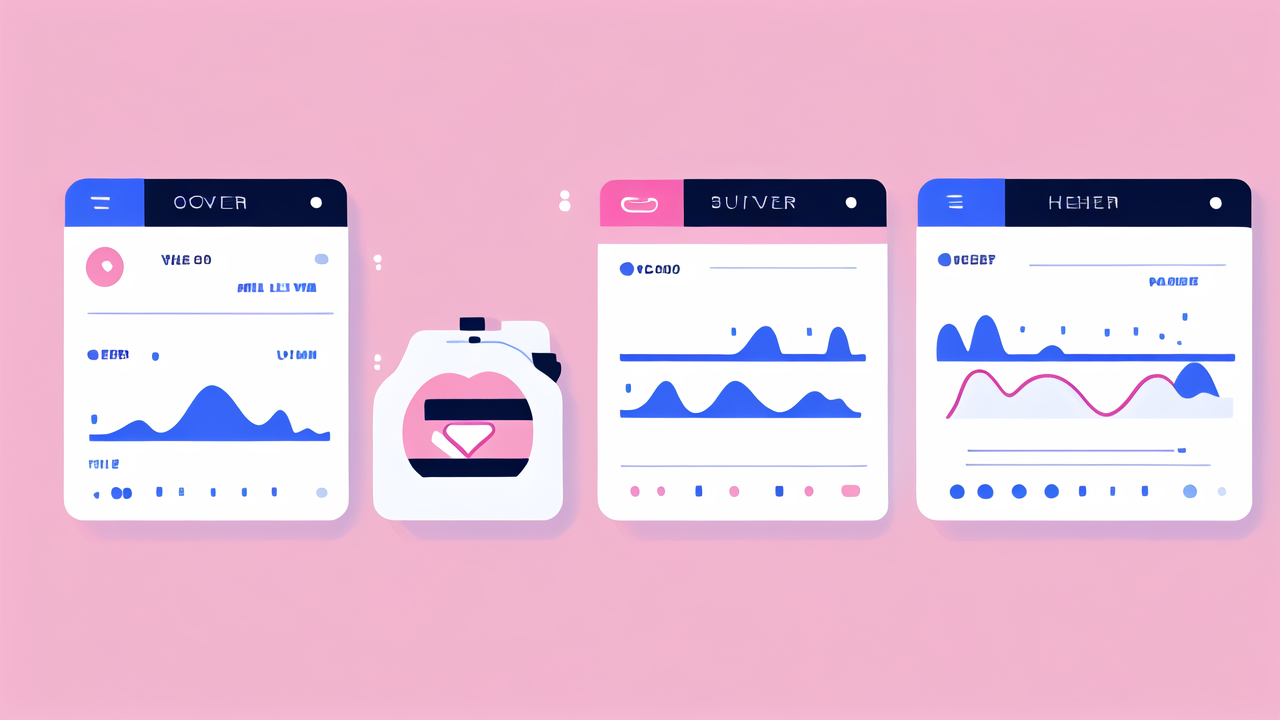Understanding the Role of Smart Watches in Health Care
The Evolution of Health Monitoring Devices
The evolution of health monitoring devices has dramatically shaped how we track our well-being. Initially, basic pedometers and heart rate monitors provided crude data. Over time, technology advanced, paving the way for modern smart watches. These devices now offer extensive functionalities. They monitor heart rates, sleep patterns, and even stress levels. Moreover, they can provide personalized health insights. This progression reflects the growing importance of technology in healthcare management.

Advantages of Smart Watches for Health Management
Smart watches offer real-time health data. This helps users make timely decisions. For example, they can detect abnormal heart rates. Immediate action can be taken to prevent issues. They also promote healthy habits. Features like step counters encourage more activity.
Smart watches are discreet and always worn. This allows for constant monitoring. They also integrate with smartphones. This makes viewing and sharing data easy. Plus, they offer personalization. People can set goals suited to their needs. These devices are convenient for all ages. They make health management easier for everyone.
Regulatory Environment for Health Monitoring Devices
Health monitoring devices must follow strict rules. The FDA oversees these gadgets in the US. They ensure devices are safe and effective. Companies must prove their watches help users' health. This keeps the market trustworthy. The FDA's rules change to match new tech advances. Fila smart watches, like others, must pass this check. The process guards users against faulty products. It also helps in tech and health care joining hands.
Analyzing Fila Smart Watches: Features and Health Monitoring Capabilities
Breaking Down Fila Smart Watch's Health Monitoring Tools
Fila Smart Watches come packed with features to monitor health. They offer heart rate tracking, step counting, and sleep analysis. Users get reminders to move if they're inactive too long. These watches also monitor stress levels. They use sensors to measure workouts and can sync data with health apps. Some models even offer blood oxygen saturation (SpO2) monitoring. Such tools help users to stay on top of their health goals. They are simple to use and ideal for daily health tracking.
How Fila Smart Watches Integrate with Health Care Systems
Fila smart watches are more than fitness trackers. They are part of a larger health care picture. With Fila, your health data can link to health systems. This makes for easier tracking over time. Doctors can see your data faster this way. It allows for better care, based on real-time health info. This link also means alerts can go to doctors if needed. So care can happen right away if there's a health issue. Fila's system is a step towards smarter health care. It shows how tech can help keep us healthy.
Comparing Fila Smart Watches with Other Health Monitoring Devices
When weighing Fila against rivals, there are key aspects to consider. Look at the sensor accuracy for heart rate, sleep, and steps. Examine battery life and how often you must charge the device. Compare health app ecosystems and how they share data with doctors. Assess each watch's ease of use and comfort on the wrist. Finally, check price points and warranty coverage offered by different brands. These factors can help decide which smart watch best fits your health monitoring needs.
The Future of Health Monitoring: Trends and Predictions
The Growing Role of AI and Machine Learning in Health Care
Artificial Intelligence (AI) is changing health care. AI helps doctors make better choices. It can find disease patterns quickly. Machine Learning (ML) learns from health data. It makes health monitors smarter over time. Patients get personalized care plans. AI also spots health risks early. This can prevent serious illness. Hospitals use AI to track patient health. In the future, AI will be more common in health care. It will help us stay healthy with less effort.
The Integration of Wearable Technology in Health Management
The integration of wearable technology, particularly in health management, is a significant trend. Recent advancements allow wearable devices like smart watches not only to track fitness but also monitor chronic conditions, alert medical professionals during emergencies, and even predict potential health risks. The seamless fusion of these technologies in everyday life enhances proactive health management, promoting early detection and regular monitoring. As the technology evolves, we can expect wearables to be even more ingrained in healthcare, providing detailed health analytics and personalized care strategies.
Anticipating the Next Generation of Health Monitoring Devices
The horizon of health monitoring devices is set for rapid change. Next-gen devices will likely focus on deeper health insights and real-time data. We anticipate devices with enhanced sensors for vital tracking. These will include blood pressure, glucose levels, and even stress biomarkers. They may also offer AI-powered analysis, giving a more accurate health picture. Look for seamless integration with medical databases for personalized care. With tech advances, wearable devices might soon detect illnesses before symptoms show. This kind of proactive health care could transform how we manage our well-being. Stay tuned as we track these exciting developments in health tech.




Leave a comment
This site is protected by hCaptcha and the hCaptcha Privacy Policy and Terms of Service apply.